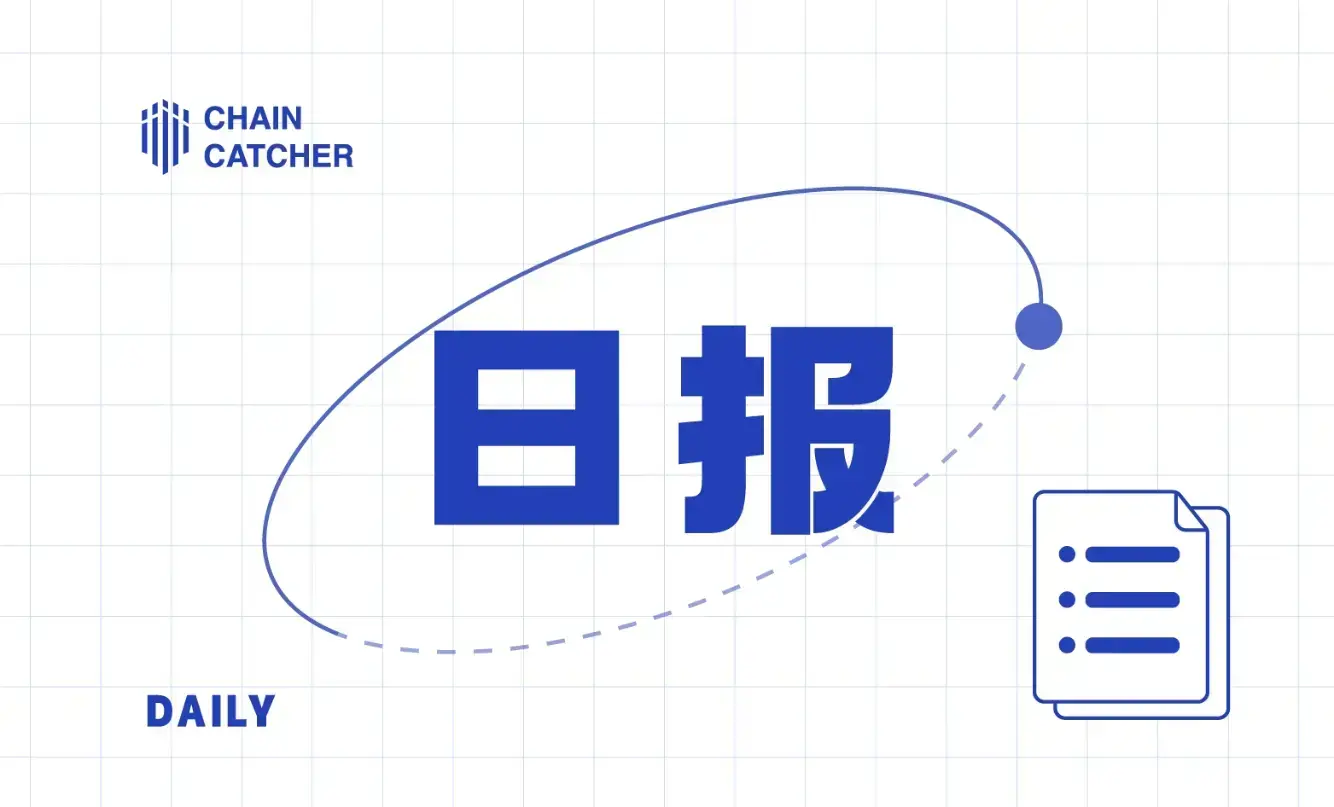Reunderstanding Origin Protocol: From Decentralized E-commerce Platform to Gateway to the Crypto World
This article is from Chain News, author: Groot.
If the keywords for the cryptocurrency market in 2020 were "3·12" and "DeFi," then the keywords for 2021 must include "NFT." In the first quarter of 2021, the NFT concept achieved a phenomenal breakout performance, with top sports leagues like the NBA and MLB, celebrities like Paris Hilton, renowned venture capitalists like Andreessen Horowitz, and even top media outlets like The New York Times all beginning to discuss, invest in, and even actively participate in the issuance of NFT works.
More and more people are beginning to realize that NFTs are "seriously" challenging a series of traditional industries such as the music industry (annual transaction volume over $70 billion), art sales (annual transaction volume over $60 billion), video games (annual transaction volume over $140 billion), and collectibles (annual transaction volume over $370 billion).
Founded in 2017 and previously focused on the sharing economy, Origin Protocol has also captured the wave of NFTs and has begun to create a platform that can gather NFT creators and consumers, hoping to make it the first stop for mainstream users to engage with the crypto space.
Comprehensive Understanding of Origin Protocol
From its inception, Origin has been dedicated to building a decentralized P2P marketplace and launched the decentralized e-commerce platform Dshop. Recently, Dshop has implemented support for NFTs, marking Origin's official first step in building an NFT platform and ecosystem. The experience accumulated in the traditional P2P space can help optimize the product experience of this end-to-end NFT platform and allow more "outsider users" to access the new generation of business and financial products spawned by blockchain.
The auction of the limited music album Ultraviolet Vinyl NFT collection, in collaboration with renowned musician and producer 3LAU, was Origin's first NFT auction. This successful experiment deepened Origin's understanding of artists' needs for control over sales channels and direct contact with fans. Previously, artists creating digital artworks could only conduct regular auctions in collaboration with Nifty Gateway or sell their NFTs directly on conventional markets like OpenSea.

The NFT trading platform launched by Origin provides artists with a "fully customizable" auction format, as well as a more vibrant secondary market that facilitates the further circulation of NFT works. After 3LAU, Grammy Award winner Lupe Fiasco and three-time Grammy Award winner Ryan Tedder, lead singer of the American pop rock band One Republic, have also chosen Origin as the platform for issuing their personal NFT works.
On April 23, 12:00 PM Beijing time, well-known HipHop creator Mike Dean will collaborate with famous American street culture designer Shepard Fairey to launch the NFT series "OBEY 4:22." This work is a reinterpretation by Mike Dean based on his album "4:20," aimed at calling for support for the homeless in America. The NFT series will be publicly auctioned on the Dshop platform, and users can participate in the bidding using OGN at obey422.com.

Origin's exploration in DeFi and more "traditional" business areas has not stopped either.
The US dollar stablecoin USDT, launched by Tether in 2014, has become the most widely used entry point for outside investors into the cryptocurrency market, with the value transmitted through USDT surpassing that of Bitcoin. However, even for very mainstream stablecoins like USDT and USDC, users still face a relatively "difficult" choice between holding these easily consumable tokens and locking them in smart contracts to generate returns, as each on-chain contract interaction incurs high interaction costs. For users with relatively small amounts of funds, it may take a considerable amount of time to fully cover these costs through mining returns, which has become the biggest "obstacle" preventing more outsider users from participating in the DeFi market.
To address this pain point, Origin launched the stablecoin OUSD. The OUSD smart contract deploys underlying assets into a diversified yield strategy. Simply put, users can earn compound returns without paying additional fees for staking or locking, and when they need to transfer, they do not need to perform complex liquidation operations first. This is more user-friendly for newcomers and ordinary users with smaller amounts of funds.
When Origin first launched Dshop, it was positioned as a decentralized e-commerce platform where anyone could create their own e-commerce store. Sellers can create accounts on the Dshop platform and add product listings and prices to create personal stores. Currently, Dshop supports cryptocurrency payments including OUSD, OGH, DAI, and all ERC-20 tokens, as well as Stripe credit card payments.
Team and Investment Background
Origin was founded by Josh Fraser and Matthew Liu. Josh has been involved in the crypto space since 2011 and founded the web optimization company Torbit, which was later acquired by Walmart Labs. Matthew holds a bachelor's and master's degree in engineering from Stanford University and was the third product manager at YouTube.
Origin's founding engineer, Pan Yu, is a co-founder of PayPal alongside Elon Musk, Peter Thiel, Max Levchin, Ken Howery, and Luke Nosek. Pan Yu was the first employee at YouTube and held senior positions at Google and Affirm.

Origin has received investments from many well-known institutions, including Pantera Capital, Foundation Capital, Blocktower, Blockchain.com, KBW Ventures, Spartan Capital, PreAngel Fund, Hashed, Kenetic Capital, FBG, QCP Capital, and Smart Contract Japan. Its angel investors include YouTube founder Steve Chen, Reddit founder Alexis Ohanian, Y Combinator partner Garry Tan, and Akamai founder Randall Kaplan.
Development Roadmap
According to official information released by Origin, its NFT platform plans to attract and launch more high-profile NFT works in the future; continue to enrich auction formats by adding features for fixed-price limited or unlimited sales of public NFT works; officially launch the NFT marketplace; and add OGN token functionality to the NFT platform.
In addition, the Origin project will seek more institutional partners to create more use cases for the stablecoin OUSD; research and enrich OUSD's mining strategies to improve OUSD's APY; and consider launching a payment application or even a debit card based on OUSD when it matures sufficiently.
Summary
Although platforms like Nifty and OpenSea have already occupied a leading position in the NFT space due to their first-mover advantage, Origin is making a push by providing a better interactive experience between artists and fans and launching customizable unique auction formats. OUSD also offers a lower barrier option for novice investors in the DeFi market by addressing market pain points. With an NFT platform and low-barrier DeFi infrastructure, Origin is attempting to build a nearly complete gateway to the crypto world.










